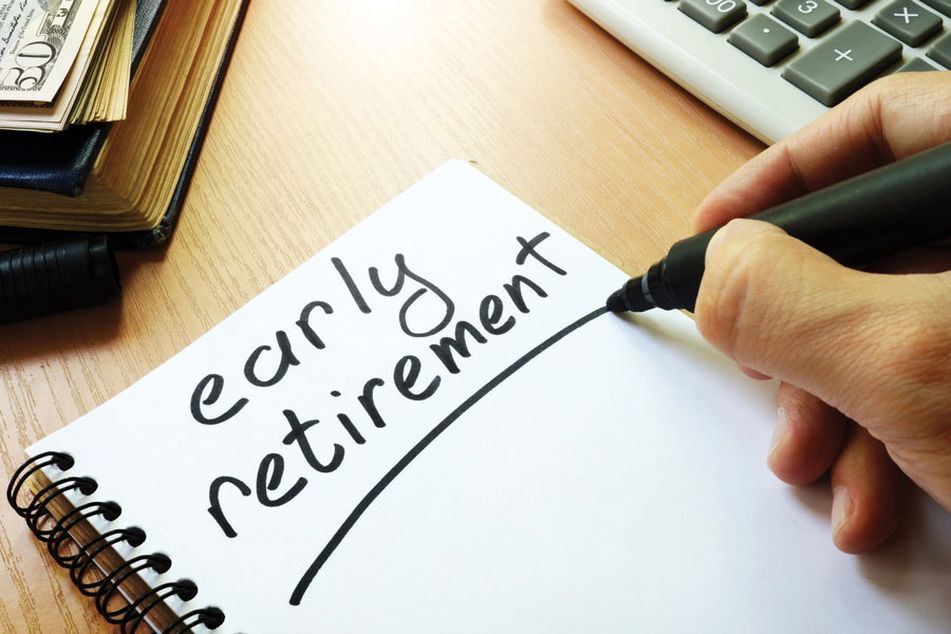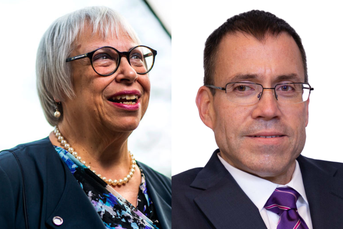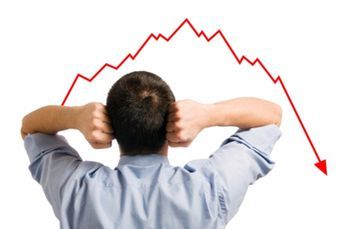Pandemic’s financial, emotional toll prompts early retirements

Stress, employment concerns and market jitters have clients asking whether they are in good shape to stop working
This article is part of a series of special reports appearing in the Sept. 14, 2020, edition of InvestmentNews.
English professor Mary Ellen Carr was set to retire at the end of the spring semester — and then the COVID-19 pandemic sent the stock market on a wild ride.
When her portfolio took a hit, she put her retirement plans on hold.
Now, the market — or at least the prices of the biggest public stocks — are once again close to a high point. Carr, like an untold number of advisers’ clients, is rethinking the decision to delay retirement.
“There were no clear margins to follow, because the unknown is what drove the market down. It was really frightening,” she said. “It had to do with an epidemic that nobody knew how to handle.”
The new remote work reality provides some incentive to retire sooner, she said.
“I’m being forced into this remote teaching,” Carr said. “It’s just not for me, and nor is it for the students. They are very frustrated.”
Her financial adviser, Bill Van Winkle, called her in March and warned against selling equity positions for fixed-income investments.
“We spend March, April calling our clients,” said Van Winkle, founder and president of Van Winkle Associates. “We gave them the alternatives about market timing, the consequences of going into bonds or money markets and missing the upside. We gave a lot of examples of past drawdowns and how quickly the market recovered.”
That helped discourage clients from selling stock-based investments, but they were nonetheless worried, he said. Few, if any, have lost jobs — but they are wondering how well-prepared they are to retire now, given that employment and earnings are uncertain, he said.
“Three referrals have come in the last two weeks from clients,” Van Winkle said. “And each one of these referrals … is thinking about, ‘How can I retire now?’”
[More: Rethinking retirement amid the COVID-19 crisis]
Since March, about 5 million people ages 55 to 70 became unemployed, according to a report from The New School’s Retirement Equity Lab. About 3 million of those people indicated that they don’t plan to return to work, suggesting many people are retiring sooner than expected, and often not by choice.
Kathleen Kenealy, a senior wealth adviser at Boston Private Bank & Trust Co., has seen some clients retiring sooner than expected.
“For most people adapting to the working from home environment, the last few months have been incredibly stressful — despite not having a commute, many people find themselves working longer, more exhausting days,” Kenealy said in an email. “For the pre-retirees I work with, this is definitely not what they expected their last few years on the job to look like and has been the jolt they needed to finally retire.”
That will affect some client more than others, especially those who still had several years of work planned, she said. Kenealy helps people facing an early retirement assess how much in cash or cash equivalents they will have on hand and how much more they likely need to raise to cover their living expenses.
Changing risk assumptions and tightening budgets could also be in order, she said. She helps clients review how an early retirement will affect Social Security benefits, retirement accounts and health coverage.
“There are lots of things to consider when planning to retire, and the pandemic is causing many people to think about these things sooner than they initially planned to,” Kenealy said.
If early retirement isn’t planned for properly, it can take a financial and emotional toll, Avani Ramnani, an adviser at Francis Financial, wrote in an email. Some clients have been considering early retirement, given the stress the pandemic has caused, Ramnani said.
For clients who receive an early retirement offer from their employer, Ramnani said it’s crucial to understand the details of such packages, including whether health insurance is provided after employment and for how long.
“It is critical to do a detailed analysis of whether any cash inflows associated with the early retirement package will be enough to make sure that you are able to have longer-term financial security,” Ramnani said. “This is not just for the next few months, but for the entirety of your retirement.”
More articles from the special issue:
Is working from home the new normal? — Jeff Benjamin
How advisers can use tech to attract assets — Nicole Casperson
Keeping an eye on chats — Bruce Kelly
Enforcement, arbitration proceedings move online — Mark Schoeff Jr.
The digital shift is here — and it’s uncomfortable — Sean Allocca
Home office deduction limited to self-employed — Mary Beth Franklin
10 unexpected ways COVID-19 is changing wealth management — Brittney Grimes
Learn more about reprints and licensing for this article.








